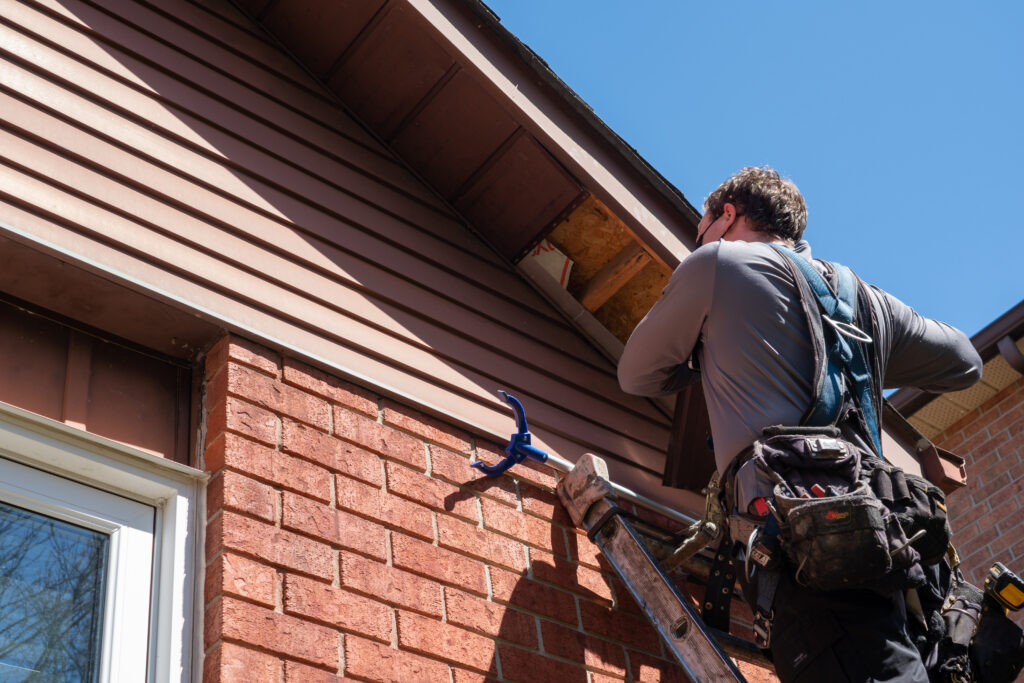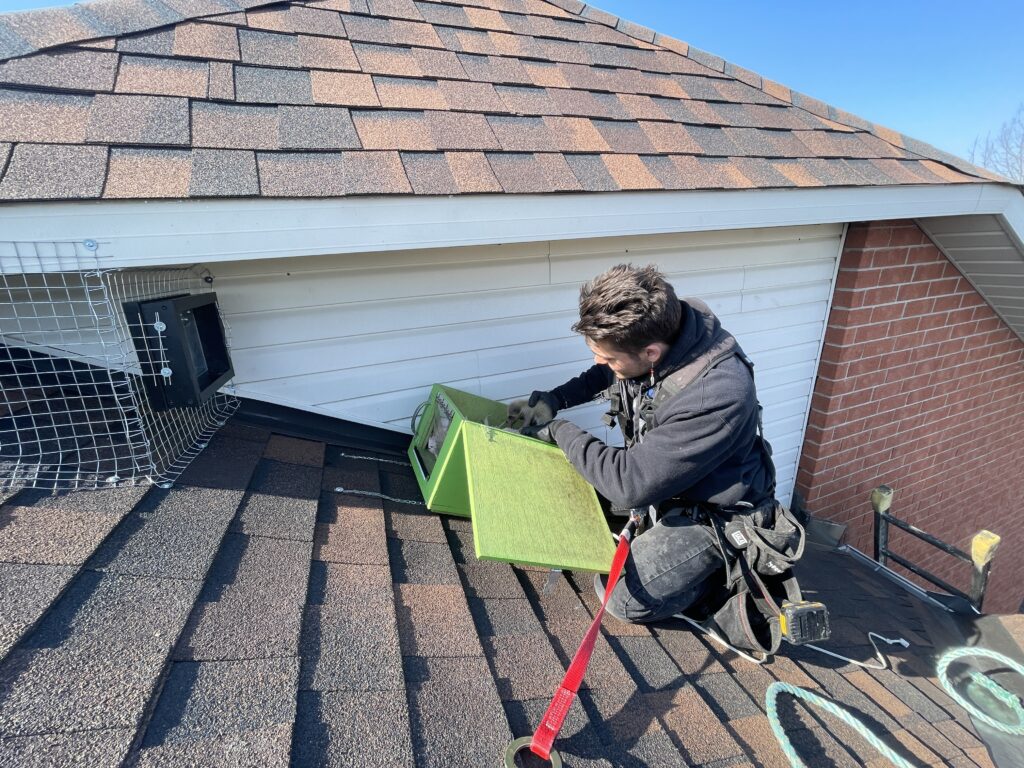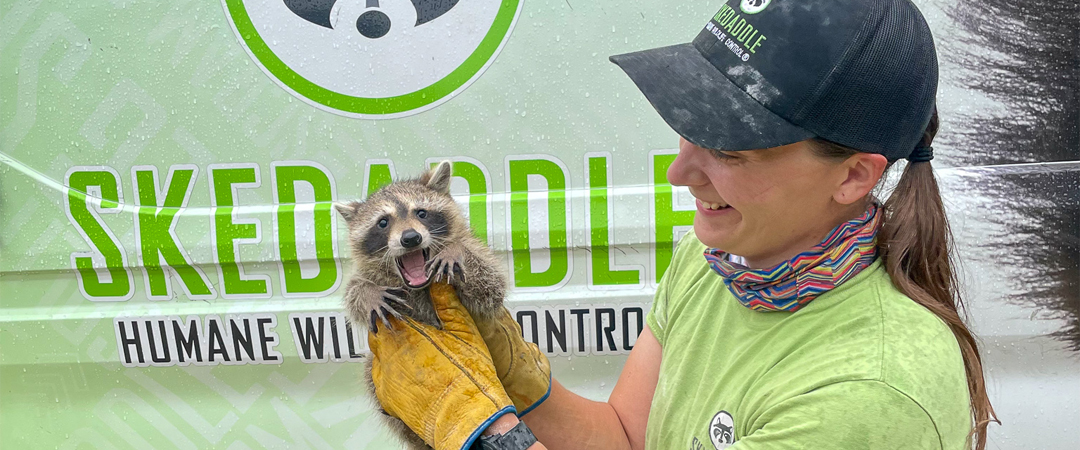Avoiding a raccoon infestation this spring is about understanding the animal and using preventative strategies. Spring is the time when most wildlife is more active, including raccoons. All homeowners should be aware of increased raccoon activity and contact raccoon removal in Victoria if a problem arises. Correcting wildlife problems before they evolve into infestations and property damage is vital.
Springtime Behaviour of Raccoons
Breeding season for raccoons can begin as early as January, typically going through March. The gestation period of a female raccoon is around 60 days, which means for the majority of spring, she is looking for a suitable nesting site. She is also seeking out adequate sources of food and water.
Male raccoons may fight other males while courting females. The male will find an available female and live with her for up to a couple of weeks. During their cohabitation, the male and female consummate their relationship. When satisfied, the male leaves the female, leaving her to care for any offspring.
The Attractiveness of Your Victoria Home
Residential properties are attractive to pregnant raccoons and raccoons in general. Many properties have sheds, decks, or garages that the animal can access and turn into a suitable nursery or home. The underside of decks and sheds are usually ideal locations because the pregnant raccoon doesn’t need to do much to make it suitable for her and her babies. Also, the structures provide warmth and protection against the weather and other predators.
Houses also offer easy access to food and water. Homeowners might plant veggie gardens or leave their trash outside. Some properties have ponds in the backyard as decorations. In many ways, homeowners make it too easy and comfortable for wildlife.
3 Ways To Deter or Prevent Raccoons

Thankfully, there are easy ways to prevent raccoons or deter them. The beauty is the methods are humane and will not harm the animal. Consider the following three techniques.
1. Eliminate Food Sources
You must eliminate easy access to food. If you store your garbage outdoors, make sure to use cans with secure lids. Also, if at all possible, put the cans in a garage or locked shed.
If you feed pets outside or other wildlife, you must keep it picked up. For example, do not leave a dog food dish out on a patio; bring it inside when your pet finishes its dinner. If you feed birds, keep the ground around the feeder clean. Finally, if you have a garden, install a cage or fencing to keep critters out.
2. Block Potential Hiding Places
If you have a deck or shed in your yard, ensure the underside is blocked from wildlife looking for refuge. Use a hardware mesh or something solid and durable to block access. That said, before you secure the underside of an outbuilding or structure, ensure an animal is not already nesting there. Contact a wildlife professional to inspect the space.
3. Maintain a Healthy Lawn
You also want to keep your lawn cut and treat it for grubs and other insects. Short grass and a feast-free lawn are not attractive to raccoons because they have no shelter and limited access to food. If you use the other methods above, raccoons will likely have little interest in your property.
Are you looking for wildlife removal on Vancouver Island? Contact Skedaddle Humane Wildlife Control. The company offers removal, cleaning and prevention services. Once you schedule an appointment, the company will send a qualified team to assess your situation and determine the best path forward. Whatever happens, you can rest assured your property will remain safe, and so will the wildlife.




